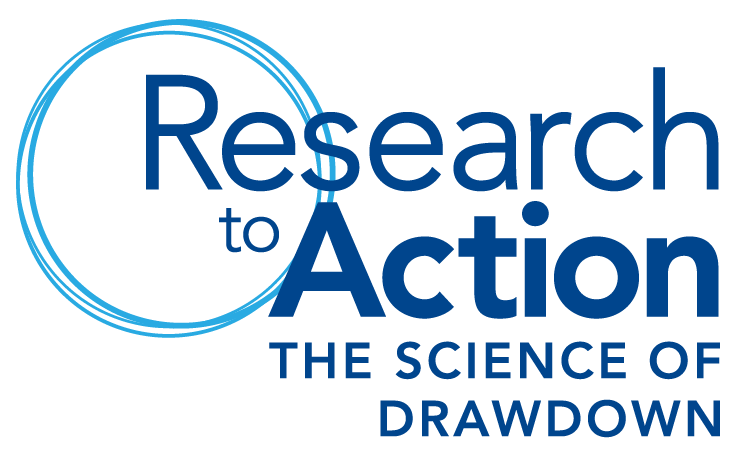Human behavior is at the core of many of the world's greatest environmental threats and climate change is no exception. Project Drawdown’s seminal list of 80 global climate solutions contains 30 in which individual and household behavior changes play a significant role. The United States is one of the highest-emitting countries of greenhouse gases and studies show that individual behavior contributes significantly to these emissions. Using the Drawdown list as a starting point, we systematically assessed individual behaviors to identify a list of seven top behaviors that are U.S. relevant, have a high impact on carbon emissions, are suitable for intervention focused on behavior change, and have significant potential for adoption. These behaviors are: eating a plant-rich diet, reducing food waste, purchasing an electric vehicle, purchasing green residential energy, reducing air travel, offsetting carbon, and tending carbon-sequestering soil. We found that if national adoption increases by just 10% of the addressable market for each of these behaviors, we can reduce the projected gap in delivering the U.S.’s commitment under the Paris Agreement by 74%. In this poster, we will describe how we selected these seven behaviors, their potential emissions impact, their prevalence and momentum in the U.S., and potential pathways towards increasing their adoption. Our analysis represents novel findings about the priority actions that individuals in the U.S. can take to meaningfully curb carbon emissions and the opportunity to apply behavior insights to promote their adoption.
Day
Monday Poster Session
Related Conference Themes
Built Environment
Electricity Generation
Food
Land Use
Transportation

